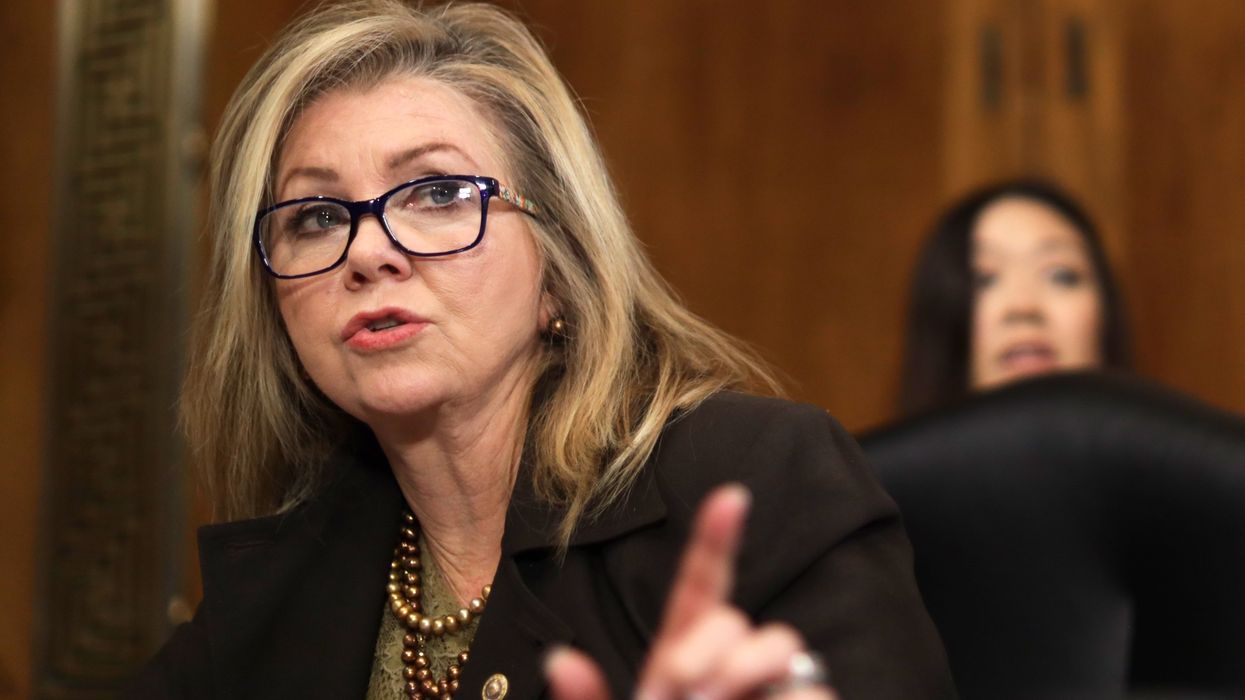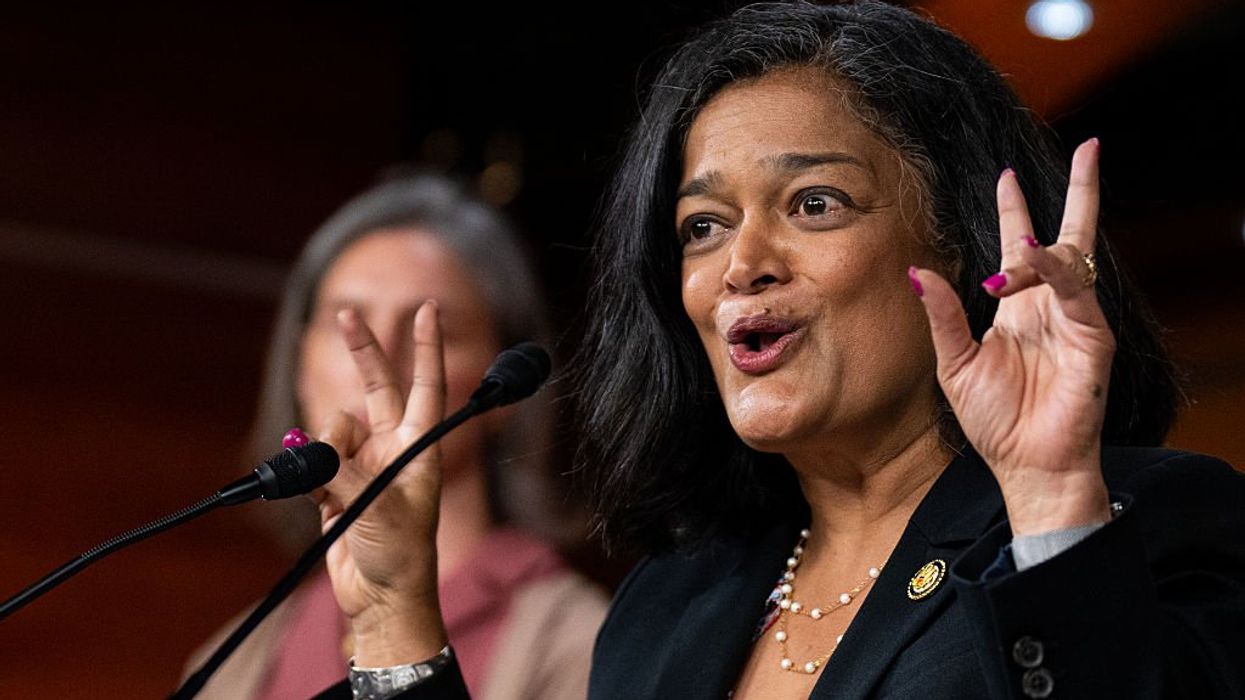
© 2025 Blaze Media LLC. All rights reserved.
 Associated Press.
Associated Press.
A rise in food and gas costs drove a measure of wholesale prices up sharply in May. But outside those volatile categories, inflation was mild.
The Labor Department said Friday that the producer price index rose 0.5 percent in May from April. That nearly offset a 0.7 percent decline in April from March. Gas prices rose 1.5 percent last month, and food costs increased 0.6 percent.
The index, which measures price changes before they reach the consumer, has increased just 1.7 percent in the 12 months ending in May. That's up from a 0.6 percent year-over-year increase in April, the smallest in 10 months.
Core prices, which exclude the food and energy, rose just 0.1 percent in May. They are up 1.7 percent in the past year, below the Federal Reserve's 2 percent inflation target.
Mild inflation gives the Fed more latitude to continue with its aggressive policies to spur greater economic growth.
Aside from sharp swings in gas prices, consumer and wholesale inflation has increased very slowly in the past year. The combination of modest economic growth and high unemployment has kept wages from rising quickly. That's made it harder for retailers and other firms to raise prices.
The Fed has said plans to keep the short-term interest rate it controls at a record low near zero until the unemployment rate falls below 6.5 percent, provided inflation remains under control. The unemployment rate ticked up in May to 7.6 percent.
The Fed is also purchasing $85 billion a month in bonds to keep longer-term interest rates down. That's intended to encourage more borrowing and spending, which drives economic growth. The Fed says it will continue to buy bonds until the job market improves substantially.
Many economists expect the Fed may soon start reducing the pace of its monthly bond purchases by the end of the year, particularly if hiring stays steady. But tame inflation means they face less pressure to taper their purchases. If prices were rising more quickly, the Fed could be forced to end its bond-buying program and raise interest rates.
The Fed's next policymaking meeting will take place next week, June 18-19.
Here’s the full Labor Department announcement:
--
Follow Becket Adams (@BecketAdams) on Twitter
The Associated Press contributed to this report.
Want to leave a tip?
We answer to you. Help keep our content free of advertisers and big tech censorship by leaving a tip today.
Want to join the conversation?
Already a subscriber?
more stories
Sign up for the Blaze newsletter
By signing up, you agree to our Privacy Policy and Terms of Use, and agree to receive content that may sometimes include advertisements. You may opt out at any time.
Related Content
© 2025 Blaze Media LLC. All rights reserved.
Get the stories that matter most delivered directly to your inbox.
By signing up, you agree to our Privacy Policy and Terms of Use, and agree to receive content that may sometimes include advertisements. You may opt out at any time.





